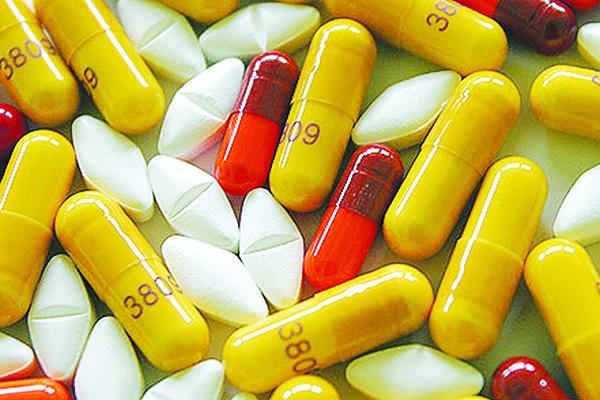
THE government’s decision to allocate only 5% of foreign currency requirement for the purchase of medicines against millions of dollars spent on fuel and luxury vehicles for its bureaucrats is clearly an act of misplaced priorities.
Editorial
In fact, it creates the impression that as far as the government is concerned, the health of its citizens is not a priority. The government can demonstrate its commitment to public health by cutting down on some luxury purchases and commit that money to critical sectors.
HIV and Aids, Tuberculosis and other chronic diseases need uninterrupted treatment and the recent shortages of drugs, due to the paltry allocation of foreign currency to the health sector, has plunged the lives of ordinary, especially chronic patients, into danger.
Many people had been relying on medical aid, but most of the health insurance facilities have been suspended as pharmacies are now demanding payment in United States dollars, or their equivalent in bond notes or plastic money, with the price based on parallel market rates.
That’s just how grim the situation is now.
It just boggles the mind how government saw it fit to allocate a paltry $3,5 million to Pharmaceutical Wholesalers’ Association for the purchase of drugs while reportedly mobilising millions of dollars on luxury vehicles for its top officials.
According to the association, of the $3,5 million forex received, $2,5 million benefited only four of the 27 association members, while the remainder was shared by 12 others, leaving the majority with nothing.
- Chamisa under fire over US$120K donation
- Mavhunga puts DeMbare into Chibuku quarterfinals
- Pension funds bet on Cabora Bassa oilfields
- Councils defy govt fire tender directive
Keep Reading
But the money is not enough to make a significant impact on the already worsening situation, as only $1 million is used to service old debts.
There is need for urgent intervention because indications are that many people could be dying, or in a worse situation, in the privacy of their homes after failing to access the critical drugs.
Some hospitals and clinics have gone for months without anti-retroviral drugs and TB medications due to the shortages of foreign currency.
While campaigning for presidential elections, President Emmerson Mnangagwa promised affordable and quality health services and he should lead by example by allocating funds to most critical institutions like health.
Tragically, we are nowhere near there. In fact, indications are that we have retrogressed and we are way, way worse off than before, with Mnangagwa and the privileged few being flown out of the country for medical attention at the taxpayers’ expense.
Isn’t it more humane to commit that money they pay at those foreign hospitals into developing and stocking our own health institutions?
Government’s Vision 2030 will only be achieved by healthy men and women and the continued drug shortages can lead to potentially devastating situations such as increase in deaths and complications due to uncontrolled chronic conditions.
The challenge now is that many patients have resorted to purchasing cheaper drugs on the black market, which are imported from countries like South Africa, Zambia and Botswana, and are most probably not certified by the Medicines Control Authority of Zimbabwe.
It becomes a double-edged sword, thus the need for government intervention cannot be over-emphasised.







